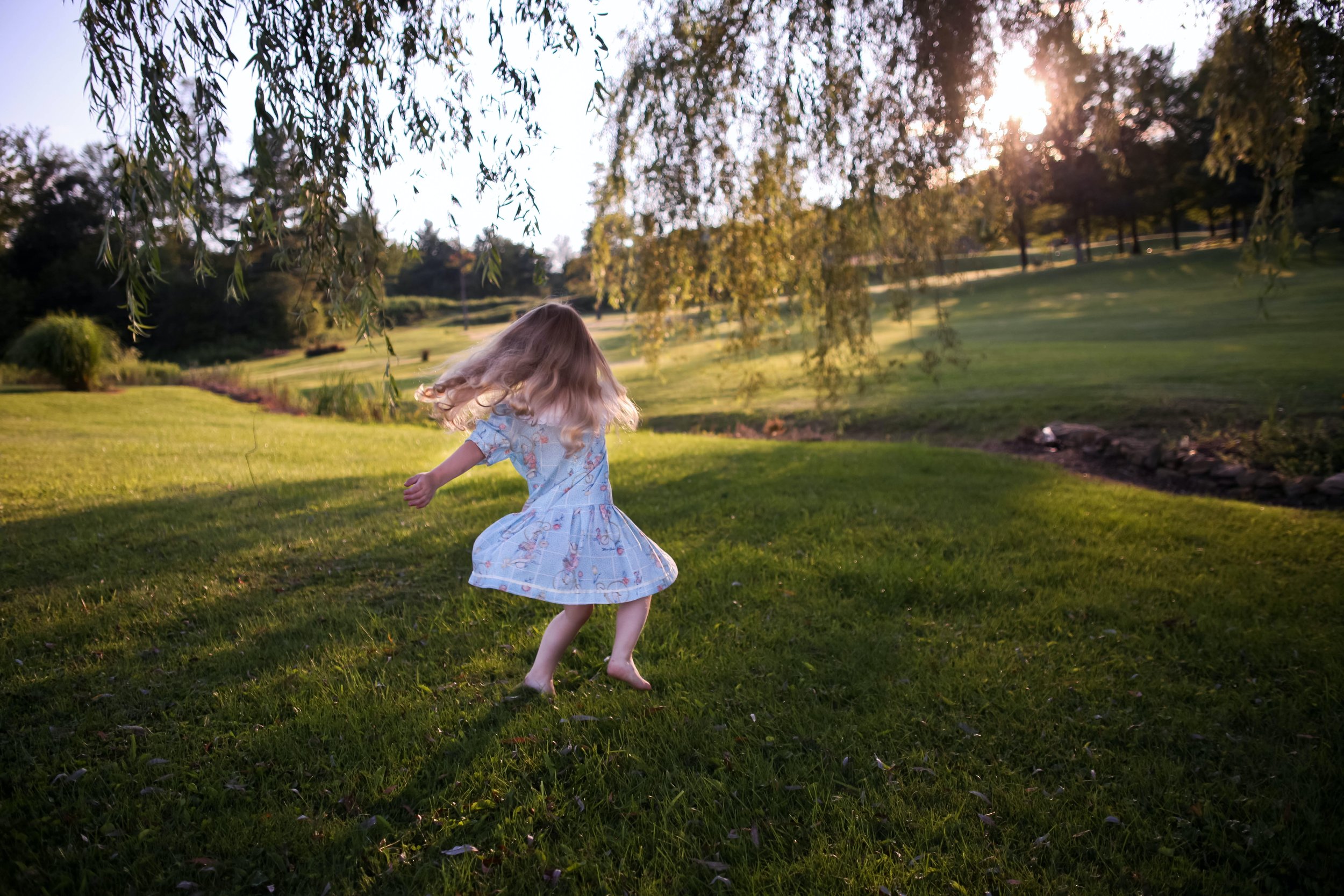The Hidden Senses: What is the Vestibular System?
The most common response to a question about how many senses you have would typically be five. Touch, taste, hearing, smell, and vision. However, when we talk about senses in the context of sensory integration theory (looking at why children respond in a certain way to touch, sounds, and other senses) we include three more "hidden" senses. These are vestibular, proprioception, and interoception.
When the senses are not well developed, we may see challenges in many areas that impact a child's ability to live a productive, playful, and comfortable life.
In this first of a three part series, we'll meet the first hidden sense: The Vestibular Sense.
What does the vestibular sense do?
The vestibular sense contributes to our sense of balance and tells us about the position and movement of our head against gravity. It also helps to stabilize our eyes during movement.
I’m worried my child has challenges with their vestibular procession. What should I look for?
Look out for avoidance and sensitivity. For example, if your child is fearful of climbing, sliding, or swinging on the playground, asks for help climbing stairs, fearful of their head tipping back (for example, during hair washing), or easily motion sick.
Look out for under-responsiveness and low-drive, such as poor posture, clumsiness, or if your child is easily fatigues and generally prefers sedentary activities.
Look out for seeking behaviours. If they are always in motion, constantly climbing or swinging, or don't get dizzy with spinning.
Because the vestibular system is connected to the visual system, challenges with vestibular processing might also present as challenges with reading or writing, catching or throwing, eye fatigue or sensitivity, or other visual related symptoms.
How do I help my child’s vestibular sense develop?
Vestibular input is very powerful and can have a prolonged effect on a child’s nervous system that can be either positive or negative depending on a variety of factors.
If you have concerns, you should reach out to an Occupational Therapist to discuss your specific questions and see what support is available in creating a sensory lifestyle to meet the sensory needs of your child and help them to reach their full potential.














